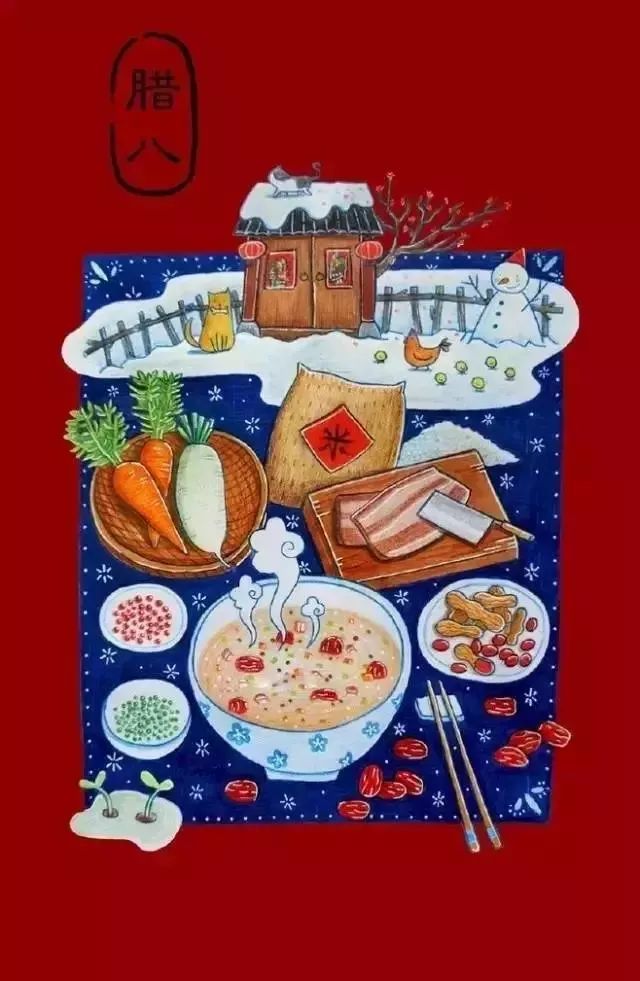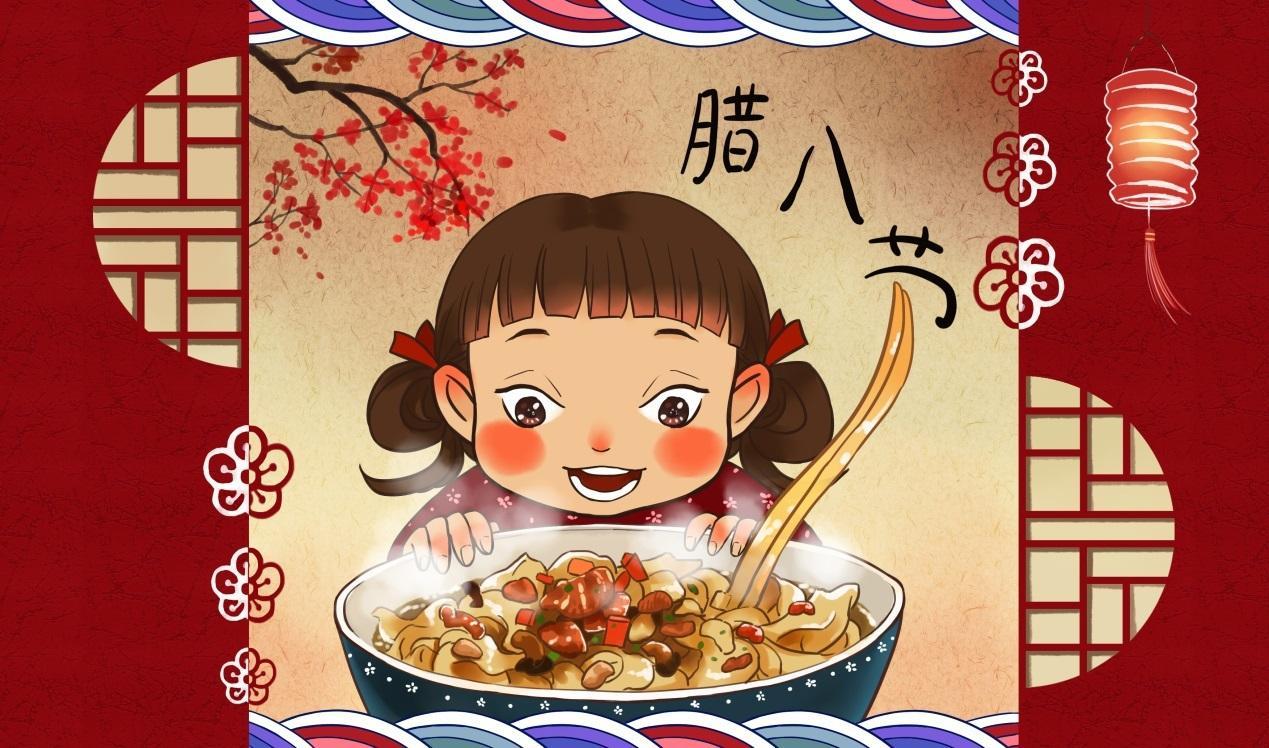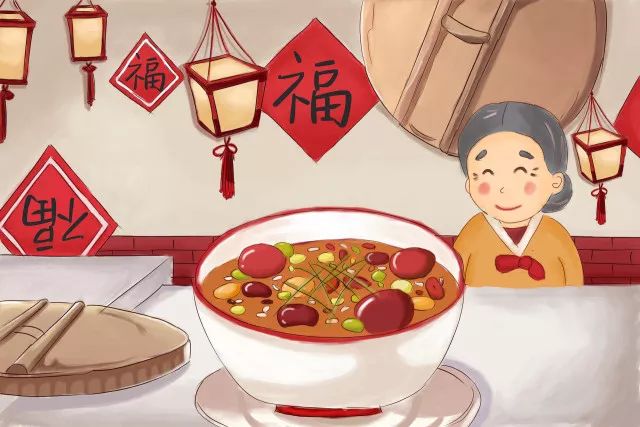过了腊八就是年,这是中国传统文化中的一个重要习俗和信仰。腊八节一过,意味着春节的序幕已经拉开,人们开始忙碌起来,为迎接新年做好各种准备。这一时刻,人们祈求新的一年平安吉祥、幸福安康。整个社会对春节充满期待和喜悦,展现出浓厚的年味和文化氛围。
Title: A Comprehensive Analysis of the Expression "After the Eighth Day of the Lunar New Year, the Spring Festival Is Around the Corner"
In Chinese culture, the expression "过了腊八就是年" (Guo le la ba jiu shi nian) is a widely recognized phrase that signifies the commencement of the festive season leading up to the Spring Festival, also known as the Chinese New Year. This article aims to provide a comprehensive assessment and explanation of this statement, delving into its cultural implications and historical significance.
In English, the expression could be translated to "After the eighth day of the lunar new year, the Spring Festival is around the corner." The phrase encapsulates a deep-rooted cultural tradition that dates back thousands of years in China. The eighth day of the lunar calendar is known as La Ba (Laba Festival), which is an occasion for many to start preparing for the upcoming new year.
Cultural Assessment:
La Ba Festival marks the official beginning of the festive season in China. It is a time for families to gather and commence preparations for the Spring Festival, which is the most significant holiday in Chinese culture. The expression itself reflects the collective consciousness of millions in China who eagerly await this auspicious occasion. It embodies the spirit of unity, joy, and renewal that comes with the dawn of a new year.
The significance of this day is further underscored by various customs and traditions associated with it. From eating special foods like La Ba rice cakes to cleaning houses from top to bottom, every activity revolves around the theme of welcoming the new year with hope and optimism.
Explanation and Historical Background:
Historically, La Ba Festival has always been an occasion for celebration in China. The exact origins can be traced back to ancient times when people offered sacrifices to their ancestors and gods in preparation for the new year. The day itself holds religious and cultural significance as it marks the transition from winter to spring, symbolizing renewal and rejuvenation.
The expression "过了腊八就是年" reflects this historical significance. As soon as La Ba Festival passes, people in China consider it a signal that the Spring Festival is just around the corner. This mindset is a result of centuries of cultural and historical evolution where the new year was always associated with hope, joy, and a fresh start.
In modern times, while many customs remain unchanged, the way people celebrate might have evolved with changing times. However, the significance of La Ba Festival and its association with the upcoming Spring Festival remain unchanged. The expression itself continues to be a testament to China's rich cultural heritage and tradition.
Conclusion:
The expression "过了腊八就是年" encapsulates a deep-rooted cultural tradition in China that dates back thousands of years. It represents a collective consciousness of millions who eagerly await the Spring Festival, an occasion for joy, unity, and renewal. A comprehensive assessment of this expression reveals its cultural implications and historical significance that continue to thrive in modern times. The expression itself serves as a reminder of China's rich cultural heritage and tradition that are passed down through generations.




 闽ICP备18029325号-1
闽ICP备18029325号-1 闽ICP备18029325号-1
闽ICP备18029325号-1
还没有评论,来说两句吧...